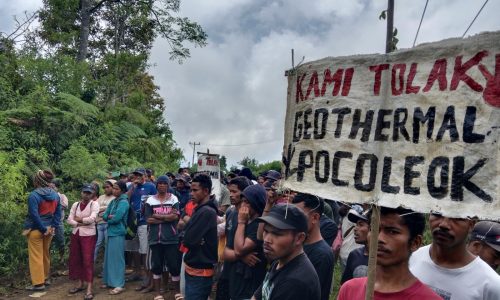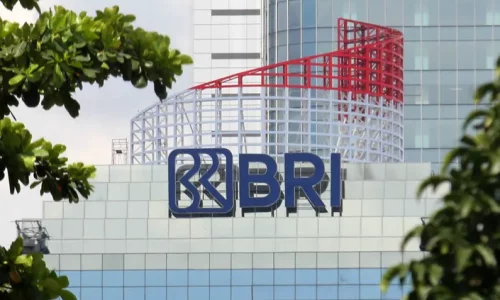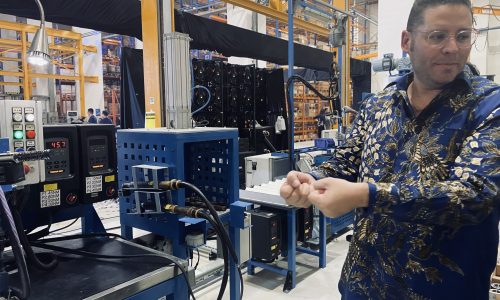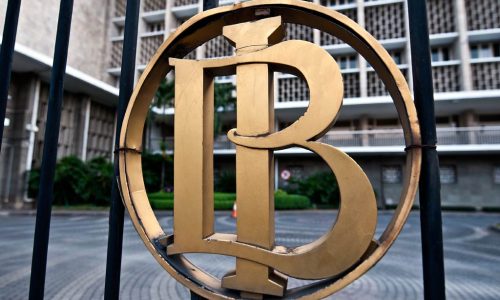Luhut Binsar Pandjaitan, The Indonesian Coordinating Minister for Maritime Affairs and Investment, has indicated that the government plans to implement downstreaming policies in the tin and copper industries.
One of the primary reasons behind downstreaming tin is to combat smuggling, which has been a prevalent issue in the industry.
“We hope this can reduce smuggling while simultaneously enabling downstreaming,” Luhut expressed, on September 6, 2023.
Meanwhile, downstreaming copper has become a top priority due to its significant potential. The Indonesian government could potentially generate revenues of approximately US$ 4-5 billion from copper processing. Currently, there is only one copper smelter in operation located in Gresik.
Furthermore, the government is also considering the possibility of implementing downstreaming policies for other commodities, such as natural gas and seaweed.
Although the specifics of these policies have not yet been announced, President Joko Widodo has previously imposed bans on the export of bauxite and nickel.
In the preceding year, President Jokowi also expressed his intention to halt copper exports by 2023. These measures are part of President Jokowi’s broader industrialization plan during his term in office.
President Jokowi appears resolute in his decisions, even in the face of potential challenges, including disputes within the World Trade Organization (WTO).
He reaffirmed the government’s commitment to discontinuing mineral exports, stating, “In fact, we halted bauxite exports in December last year, and there may be additional suspensions of copper exports in the middle of this year.”









